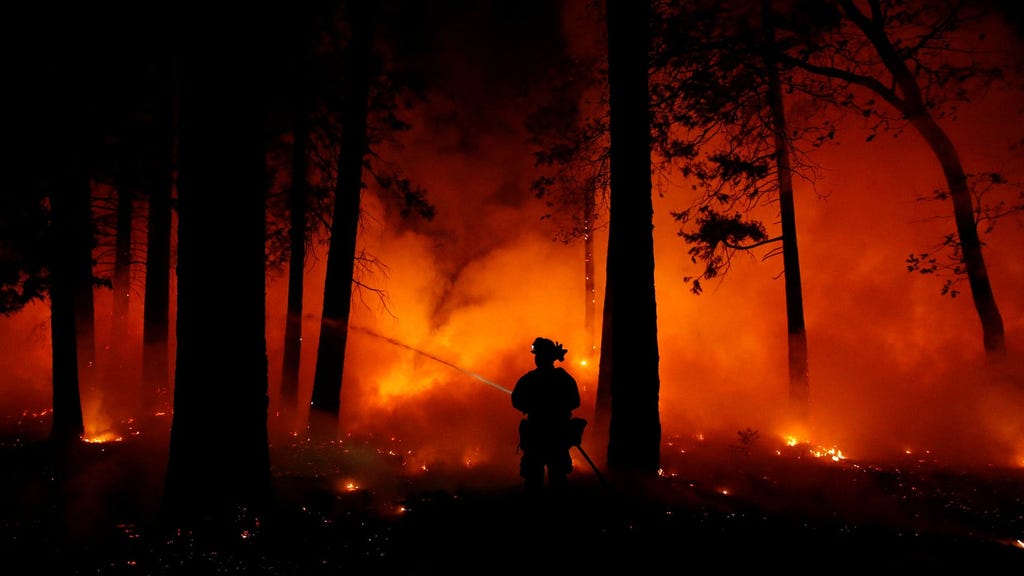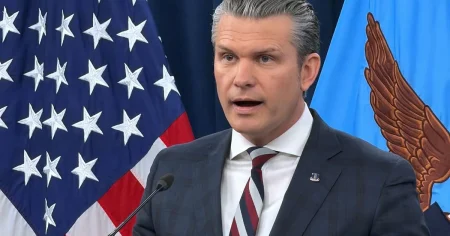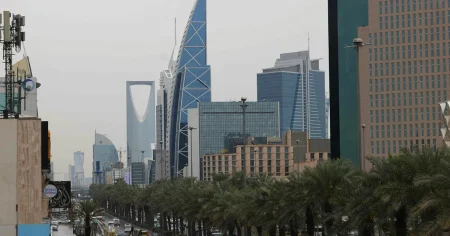The European Union’s climate ambitions are facing a potential setback as the European People’s Party (EPP), the largest political group in the European Parliament, calls for a ”climate policy pause.” This move comes amid growing concerns about the economic implications of stringent climate regulations and the increasing complexity of reporting requirements for businesses. The EPP’s proposal, endorsed by Swedish Prime Minister Ulf Kristersson, aims to prioritize economic competitiveness and reduce bureaucratic burdens on businesses, particularly small and medium-sized enterprises (SMEs). This stance reflects a growing tension between the urgency of addressing climate change and the perceived economic costs of the transition.
The EPP’s proposal targets several key climate initiatives, including a proposed EU-wide target for emissions reductions by 2040, a specific target for renewable energy, and regulations for sustainability reporting. The group argues that these initiatives add unnecessary complexity and hinder economic growth, potentially driving businesses out of Europe. Instead, they advocate for a more balanced approach that considers the impact on jobs and economic prosperity. This position aligns with concerns raised by some industries, particularly the automotive sector, which has called for a more realistic adaptation of climate requirements.
The EPP’s call for a pause also extends to the EU’s taxonomy for sustainable investments and the Carbon Border Adjustment Mechanism (CBAM), a planned tariff on imported goods with high carbon footprints. The CBAM, scheduled for implementation next year, aims to level the playing field for European industries facing competition from countries with less stringent environmental regulations. However, the EPP argues that these measures require further review and refinement to avoid unintended consequences for businesses.
This pushback against ambitious climate action comes despite warnings from scientists and environmental groups about the accelerating pace of climate change and the need for more decisive action. The Climate Action Tracker, an independent research project, has described the EU’s current climate targets as insufficient. Furthermore, the EU’s scientific council has stressed the need to double the rate of emissions reductions to meet the Paris Agreement goals. This divergence between scientific assessments and political priorities underscores the challenges of balancing environmental goals with economic realities.
The EPP’s proposal has sparked strong reactions from various stakeholders. While some industry groups, particularly those in fossil-intensive sectors, have expressed support for a more measured approach, environmental organizations have voiced deep concerns. They argue that delaying climate action will exacerbate the climate crisis and undermine the EU’s leadership role in global climate efforts. The debate also highlights the complex interplay between national and European-level climate policies, with some member states advocating for stronger action while others prioritize economic considerations.
The EPP’s call for a climate policy pause reflects a broader debate within the EU about the pace and scope of climate action. While there is a consensus on the need to address climate change, there are differing views on how best to achieve this. The EPP emphasizes the importance of economic competitiveness and minimizing regulatory burdens on businesses, while others prioritize the urgency of emissions reductions and the need for ambitious climate targets. This tension between economic and environmental priorities will likely continue to shape the EU’s climate policy landscape in the coming years. The outcome of this debate will have significant implications not only for Europe but also for the global effort to combat climate change.














